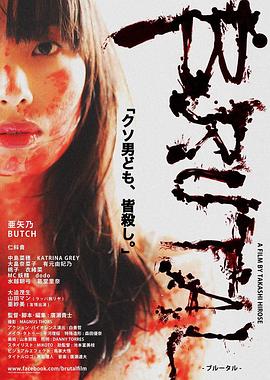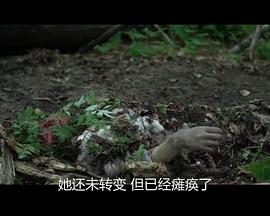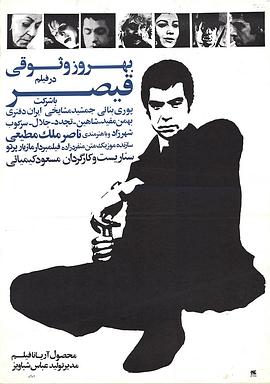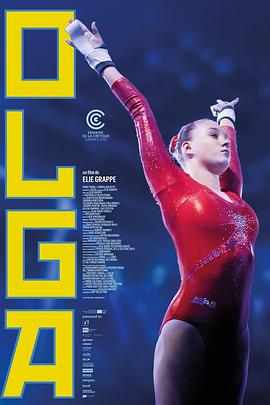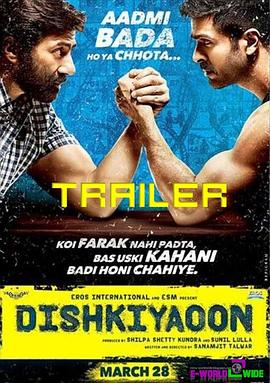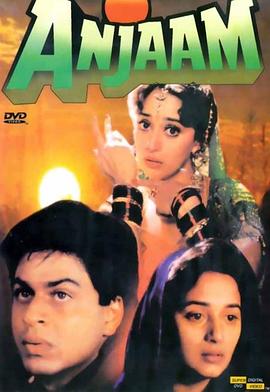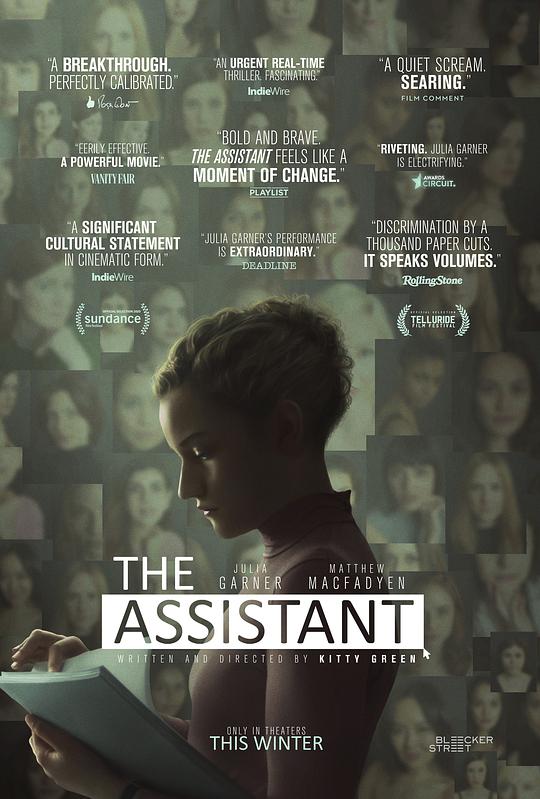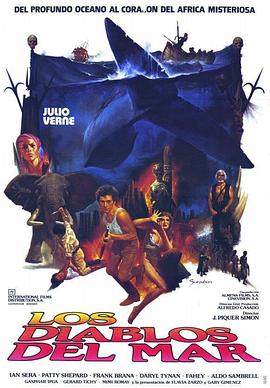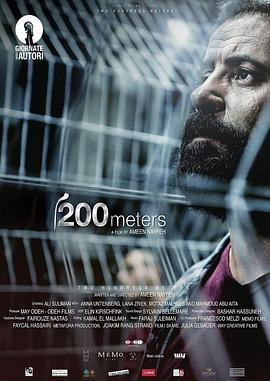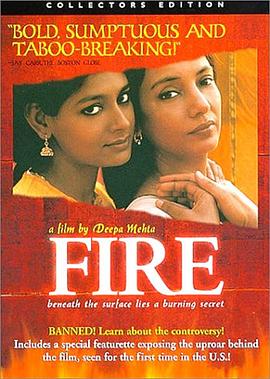Ana
搜索"Ana" ,找到 部影视作品
导演:
剧情:
Constantly on the hunt and suffering from hallucinations that drive his violent nature, an unnamed
导演:
主演:
剧情:
Three women struggle to survive in the Alaskan wilderness after a mysterious event has left them h
导演:
主演:
剧情:
Gheisar is about a young man's drive to revenge those responsible for who raped his sister and
导演:
主演:
剧情:
单亲的奥嘉是乌克兰国家代表队的体操好手,十五岁的她正处于奥运受训关键期。担任记者的母亲却因批评国家腐败,而被亲俄总理的人马盯上,为了奥嘉的人生安全及体操事业,她独自被送往瑞士受训。异地生活不易,新
导演:
剧情:
维奇(Harma Baweja饰)出身中上阶层社会,从小没有母亲,父亲没有时间与他相处。维奇冰冷孤独的世界让他变得脆弱而敏感。长期缺失爱和照顾,维奇不得不从别的地方寻找归宿。这个地方就离他的豪华公
导演:
主演:
剧情:
维嘉(沙鲁克·汗 Shah Rukh Khan 饰)是一位事业有成的青年企业家,一次偶然中,他邂逅了名为西瓦尼(玛杜丽·迪克西特 Madhuri Dixit 饰)美丽空姐,西瓦尼的温柔和善良深深的
导演:
主演:
剧情:
茱莉亚·加纳(《壁花少年》《黑钱胜地》)商谈主演聚焦哈维·韦恩斯坦助理的未定名影片,由《童心无归处》导演KittyGreen和团队打造,这是一部非现实电影,聚焦韦恩斯坦一名助理人生中的一天。Green花了近一年时间收集大量资料,储存对每天在韦恩斯坦支配下的工作环境中工作的雇员的信息。她表示,调查的过程让她印象最深的是“韦恩斯坦长达30年的管理之重复和无聊——很多年轻人,尤其是女性,怀着开始自己的职业生涯的心态进到他的公司,而每天他们要在那样的环境下工作,这极为恐怖”。
导演:
主演:
剧情:
部分依据凡尔纳小说《十五岁的小船长》改编。 范哈塞尔号被海盗洗劫并烧毁,6名幸存者被一艘捕鲸船救起,剧烈的风暴又将捕鲸船打沉在非洲海岸附近,死里逃生的人们登上陆地,他们将面对陌生的自然环境、可怕
导演:
剧情:
巴勒斯坦人穆斯塔法和他的妻子儿女住在隔离墙的两边,距离只有短短的二百米。迟迟拿不到工作许可的穆斯塔法只能等待亲人定期来访而无法履行一个父亲和丈夫的责任。一天当听说儿子出了意外,穆斯塔法决定以走私的
剧情:
由加籍印裔女导演迪帕.梅塔执导,曾获芝加哥国际影展奖。因内容表现在打破传统的 “性禁锢"方面,所以公映时竟触发狂潮,成为众矢之的,导演本人亦遭受恐吓。剧情介绍新德里一个年轻美貌姑娘嫁入中

